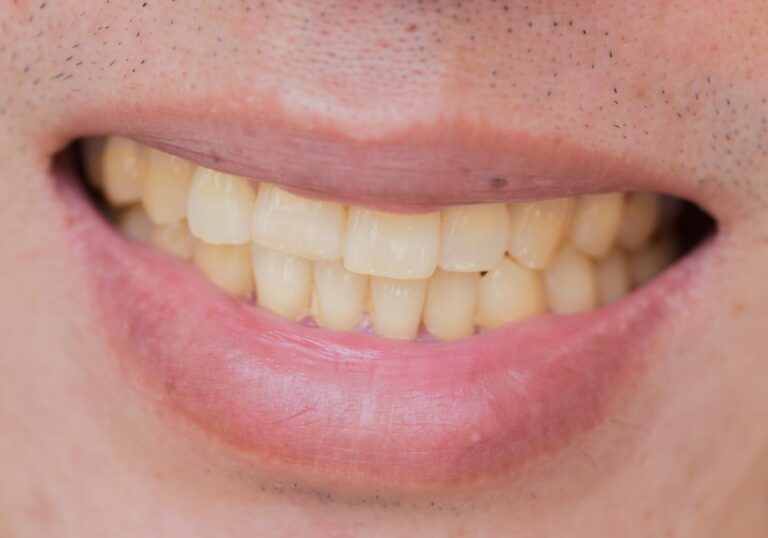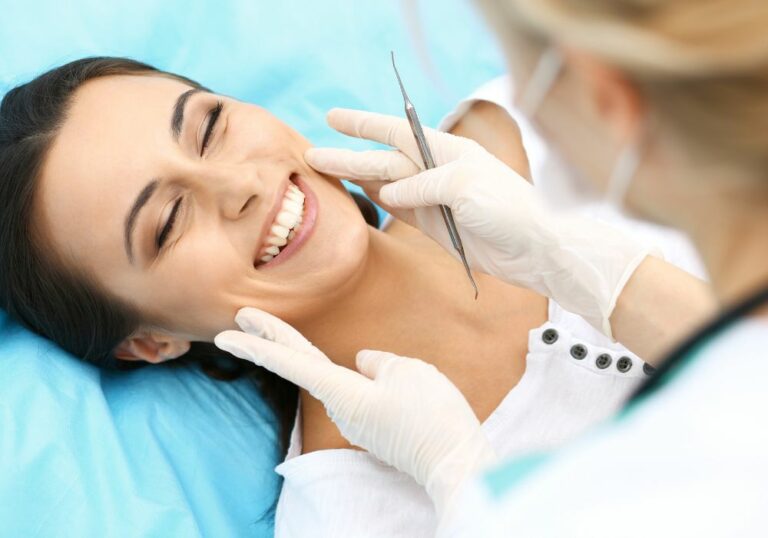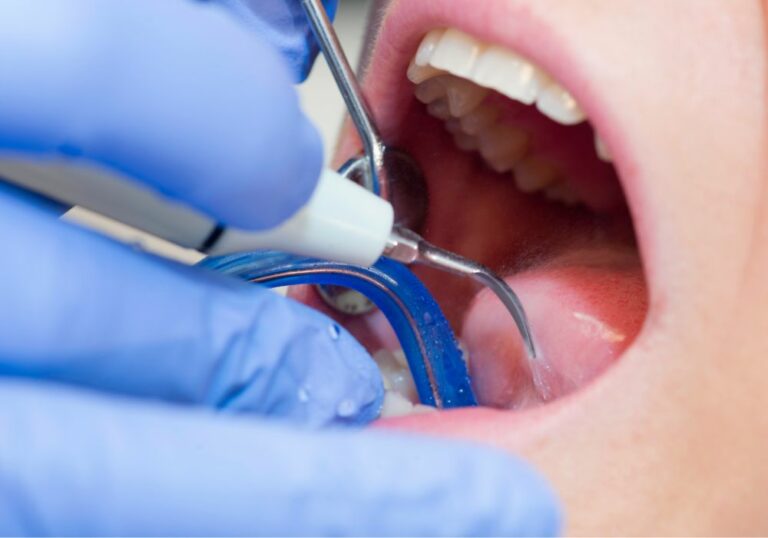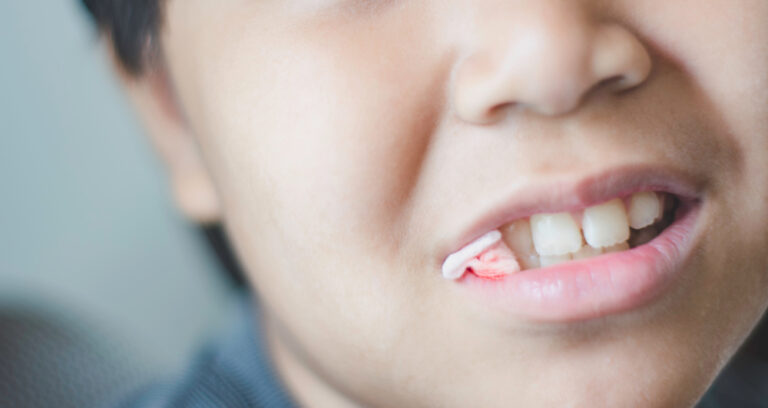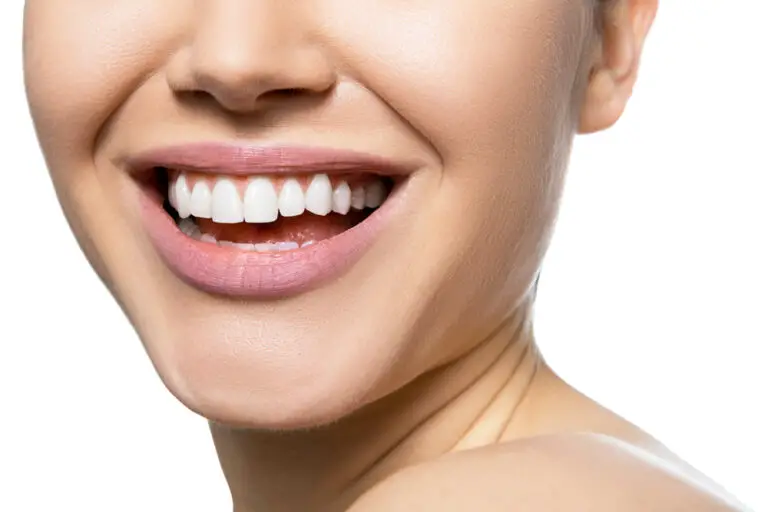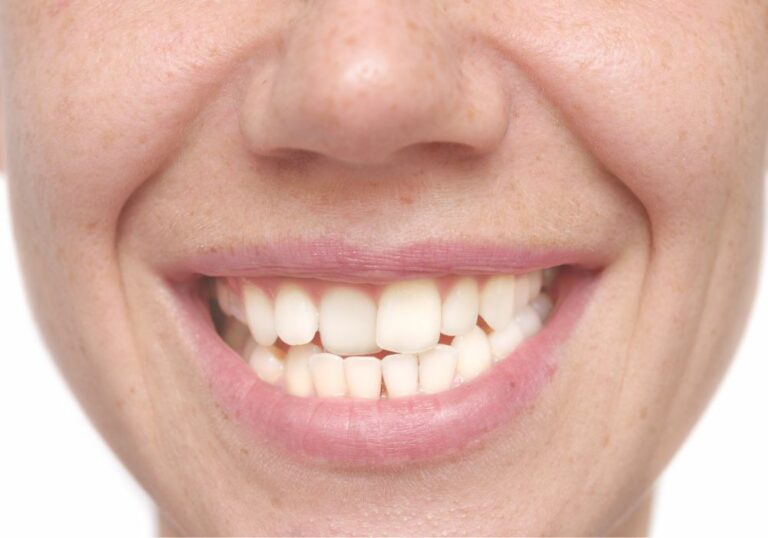If you’ve recently had your wisdom teeth removed, you may be wondering when you can start brushing your teeth regularly again. Brushing your teeth is an important part of maintaining good oral hygiene, but it’s important to take special care after wisdom teeth removal to avoid damaging the surgical site. In this article, we’ll explore when you can start brushing your teeth regularly after wisdom teeth removal and what precautions you should take to ensure a smooth recovery.
After wisdom teeth removal, it’s important to give your mouth time to heal before resuming your normal oral hygiene routine. Your dentist or oral surgeon will likely provide you with specific instructions for caring for your mouth after surgery, including when you can start brushing your teeth again. In general, you’ll want to avoid brushing the area of extraction until it has fully healed, which can take several days to a week or more. In the meantime, you can still brush your other teeth, but be sure to do so gently and avoid any areas that are sensitive or painful.
Understanding Wisdom Teeth Removal
Why Wisdom Teeth Are Removed?
Wisdom teeth, also known as third molars, are the last set of teeth to emerge in the back of your mouth. They typically appear between the ages of 17 and 25, but they can cause problems if there is not enough space for them to grow. If your wisdom teeth are impacted, they can cause pain, infection, and even damage to nearby teeth.
The Procedure of Wisdom Teeth Removal
If your dentist recommends wisdom teeth removal, you will be given local anesthesia to numb the area around the teeth. In some cases, you may also be given sedation to help you relax during the procedure. Once you are numb, your dentist will make an incision in your gum tissue to access the tooth. If the tooth is impacted, your dentist may need to remove some bone to access it.
Once the tooth is visible, your dentist will use forceps to gently rock the tooth back and forth to loosen it from the socket. If the tooth is too large to remove in one piece, your dentist may need to break it into smaller pieces to remove it. Once the tooth is removed, your dentist will clean the socket and may place stitches to help it heal.
After the procedure, you will be given instructions on how to care for your mouth as it heals. You may need to avoid certain foods and activities for a few days, and you may need to take pain medication to manage any discomfort.
Overall, wisdom teeth removal is a common and safe procedure that can help prevent future dental problems. If you think you may need your wisdom teeth removed, talk to your dentist about your options.
Post-Surgery Care
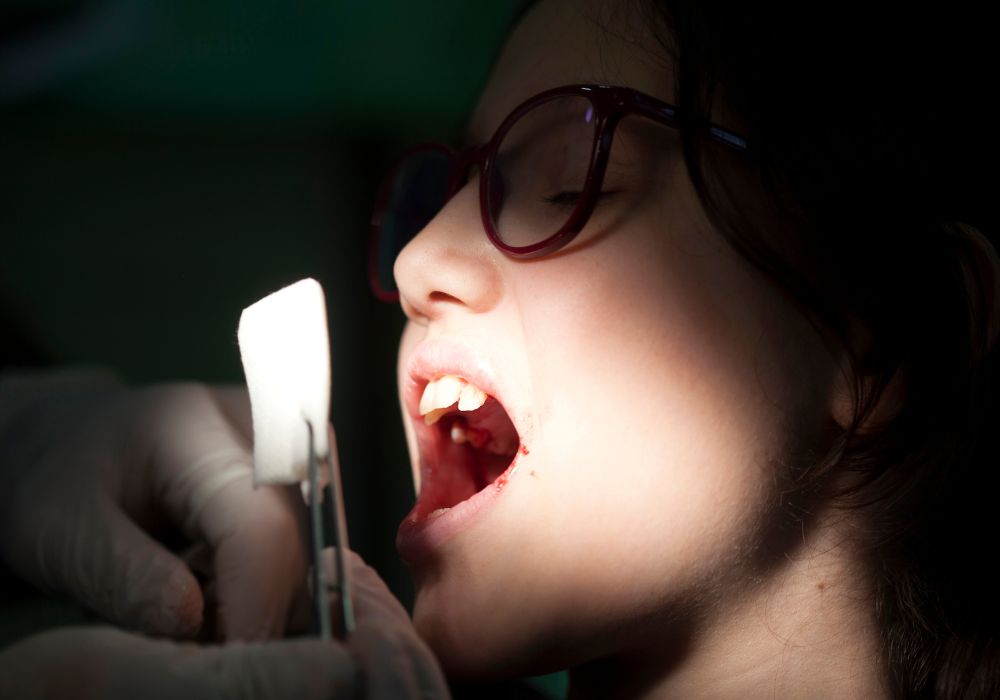
After undergoing wisdom teeth removal, it is important to take proper care of your mouth to ensure a smooth recovery. Here are some guidelines to follow for post-surgery care:
Immediate Aftercare
Immediately after the surgery, your mouth will be numb, and you will have gauze pads placed over the surgical area to control bleeding. Keep the gauze pads in place for about half an hour, and then remove and discard them. It is important to avoid touching the surgical area or vigorously rinsing your mouth, as this can cause bleeding and dislodge the blood clot that has formed.
Pain Management
Pain and discomfort are common after wisdom teeth removal. Your oral surgeon may recommend over-the-counter pain relievers such as Tylenol or Advil, or prescribe stronger medication if necessary. It is important to take pain medication as directed and not to exceed the recommended dosage. Applying an ice pack to your cheek for 20 minutes at a time can also help reduce swelling and discomfort.
Dietary Guidelines
For the first few days after surgery, it is important to stick to a soft food diet to avoid irritating the surgical area. Some good options include soup, mashed potatoes, scrambled eggs, and smoothies. Avoid hard, crunchy, or spicy foods, as well as hot beverages and alcohol, as these can all cause irritation or delay healing. It is also important to stay hydrated by drinking plenty of water and other non-alcoholic, non-carbonated beverages.
By following these post-surgery care guidelines, you can help ensure a smooth recovery after wisdom teeth removal. If you have any questions or concerns, be sure to consult with your oral surgeon.
Oral Hygiene After Wisdom Teeth Removal
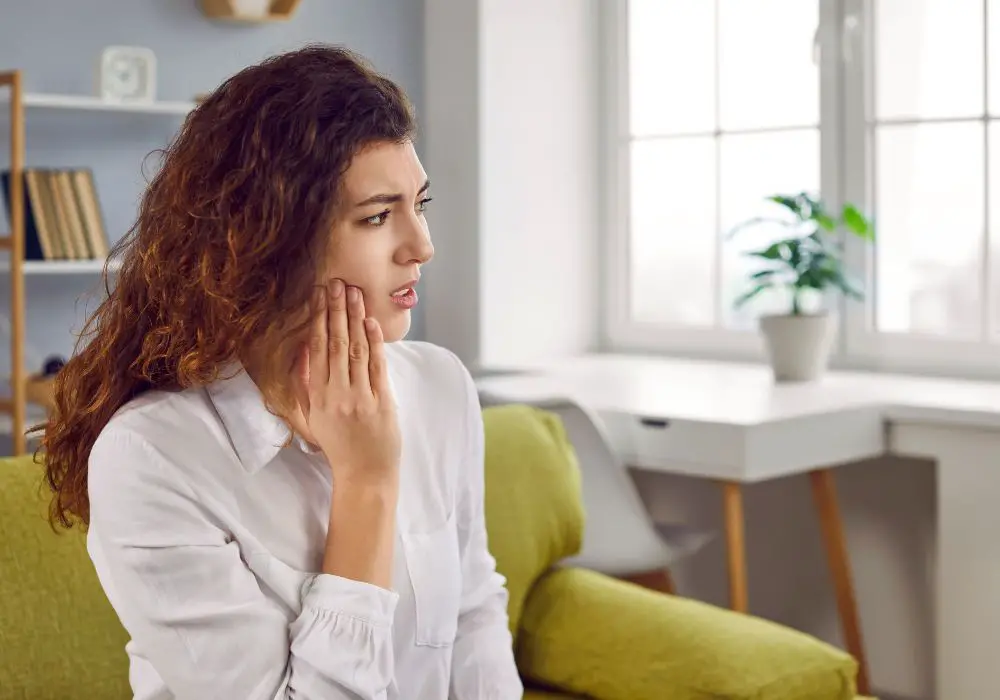
Taking care of your oral hygiene after wisdom teeth removal is crucial to ensure proper healing and prevent infection. Here are some tips to follow:
Initial Days
For the first 24 hours after surgery, you should stick to a liquid diet and avoid brushing your teeth. This will prevent putting pressure on your teeth and surgical area. After 24 hours, you can gently rinse your mouth with warm salt water and brush your teeth, but take special care to avoid the stitched area.
When to Resume Regular Brushing?
You can start brushing your teeth normally 72 hours after the wisdom teeth are removed. However, you should still avoid brushing too close to the removal area since it is still healing. If there is bleeding when brushing your teeth, take a 2 x 2 compress and gently bite down on it for a few minutes.
Special Care for Surgical Area
It is important to keep the surgical area clean to prevent infection. Here are some tips to follow:
- Use a soft-bristled toothbrush to brush your teeth gently.
- Avoid using mouthwash for the first week after surgery.
- Do not use a straw for the first week after surgery, as the suction can dislodge the blood clot and delay healing.
- Avoid smoking or using tobacco products for as long as possible, but at least for the first 24 hours after surgery.
- If you experience any pain or discomfort, take the prescribed pain medication as directed by your dentist or oral surgeon.
By following these tips, you can ensure that your oral hygiene is maintained after wisdom teeth removal, which will help to promote proper healing and prevent infection.
Potential Complications
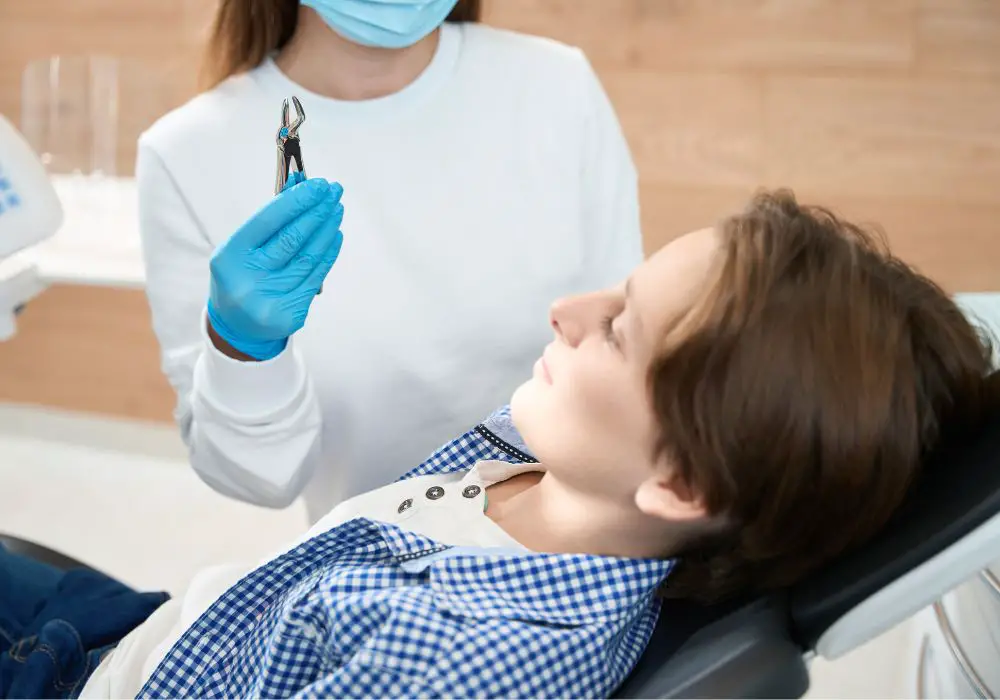
After wisdom teeth removal, it is important to follow proper oral hygiene practices. Failing to do so may lead to complications including infection, delayed healing, and dry sockets. Here are some potential complications that you should be aware of:
Dry Socket
Dry socket is a condition that occurs when the blood clot that normally forms after tooth extraction becomes dislodged or dissolves before the wound has had a chance to heal. This can cause severe pain and discomfort, and may lead to infection. To prevent dry socket, avoid smoking, drinking through a straw, or rinsing your mouth vigorously for the first few days after your wisdom teeth removal.
Infections
Infections are one of the possible wisdom teeth removal complications. If you brush your teeth directly or shortly after the procedure, you risk displacing the stitches. This can lead to bacteria entering the wound and causing an infection. To prevent infections, make sure to follow your dentist’s instructions for post-operative care, including taking any prescribed antibiotics.
Bleeding and Swelling
Bleeding and swelling are common after wisdom teeth removal. To reduce swelling, apply an ice pack to your face for 20 minutes at a time. Avoid hot foods and drinks, as well as strenuous activity, which can increase blood flow to the wound and cause bleeding. If you experience excessive bleeding or swelling, contact your dentist immediately.
Overall, it is important to follow your dentist’s instructions for post-operative care to prevent potential complications and ensure a speedy recovery.
Frequently Asked Questions
When can I start using an electric toothbrush after wisdom teeth removal?
You should avoid using an electric toothbrush for the first few days after wisdom teeth removal. Instead, use a soft-bristled toothbrush to gently clean your teeth and the surrounding area. After a few days, you can switch back to your electric toothbrush, but be sure to avoid any areas where teeth were extracted.
When can I stop rinsing with salt water after wisdom tooth extraction?
You should continue to rinse with salt water for at least a week after wisdom tooth extraction, or until your dentist or oral surgeon advises you otherwise. Salt water helps to keep the extraction site clean and promotes healing.
When can I spit after wisdom teeth removal?
You should avoid spitting for the first few days after wisdom teeth removal to prevent dislodging the blood clot that forms in the extraction site. After a few days, you can spit gently, but be sure to avoid any areas where teeth were extracted.
Can I floss after wisdom teeth removal?
You should avoid flossing for the first few days after wisdom teeth removal to prevent dislodging the blood clot that forms in the extraction site. After a few days, you can start flossing gently, but be sure to avoid any areas where teeth were extracted.
Do I need to brush my teeth every time I eat after wisdom teeth removal?
You should continue to brush your teeth twice a day after wisdom teeth removal, but you may want to wait a little while after eating to brush. Brushing too soon after eating can irritate the extraction site and cause bleeding.
When can I brush my teeth normally after tooth extraction?
You can start brushing your teeth normally 72 hours after the tooth extraction, but be sure to avoid brushing too close to the extraction site since it is still healing.

